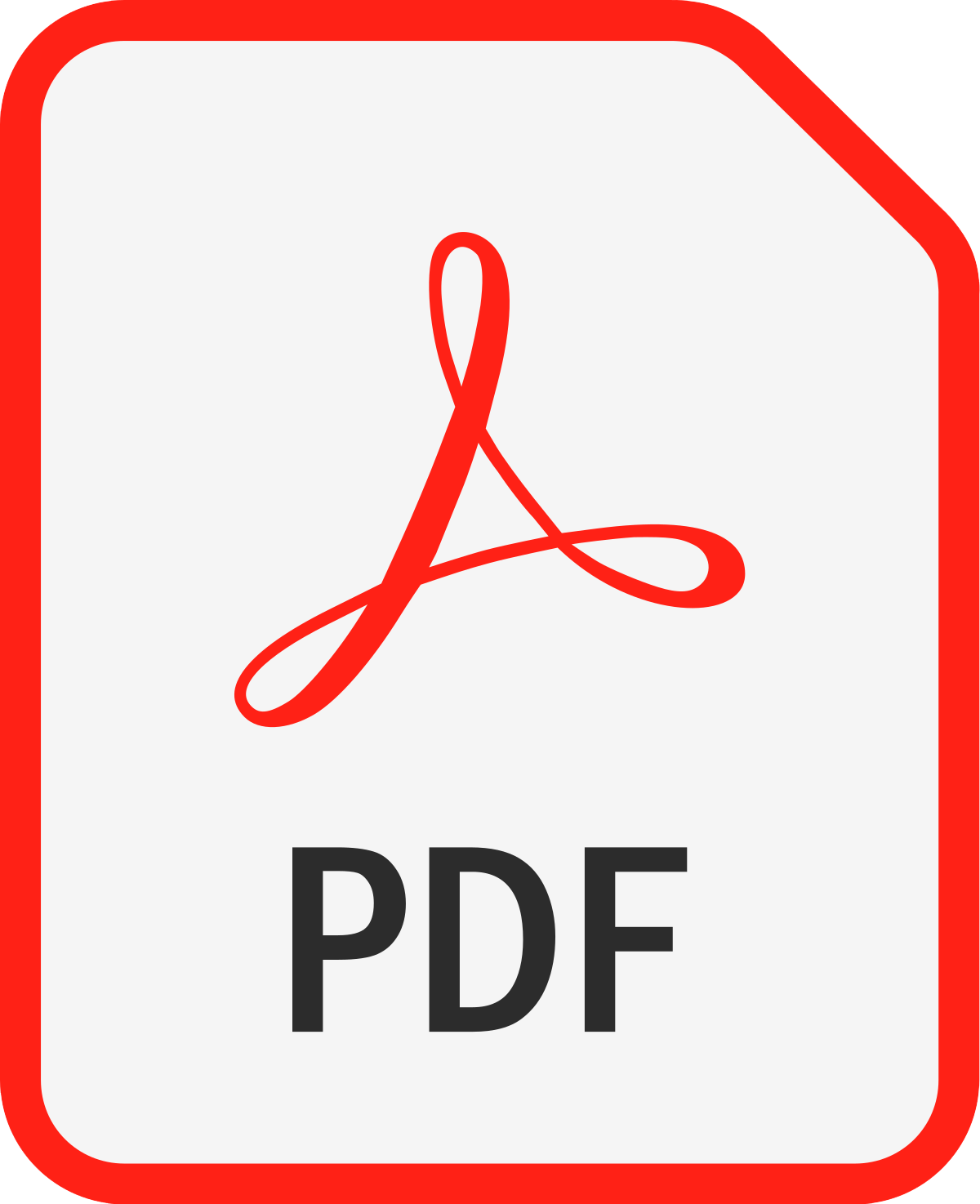1-2-3 METIERS©
Youngs coaching - Assessment - Orientation - Project
Objectives
The Young:
- Learn to know himself, to get informed, to analyze environments, training and careers.
- Develops self-confidence and academic motivation by strengthening and increasing SPEs (Sense of Personal Effectiveness).
- Build his career and training plans.
Stages
The main stages of Assessment - Orientation - Project:
- Exploration of interests, motivations, skills, strengths and values.
- Knowledge of the other by cross-viewpoints.
- First approach to training, occupations, professional environments.
- Elaboration and implementation of the first project in line with the professional reality.
- Methodological work contributions and implementation of an action plan.
Training process
By groups of 4 to 6 trainees with the game 1-2-3 Métiers©:
- These sessions focus on exchanges between young, around the game and teamwork.
- Individualized approach with 2 group sessions and an individual face-to-face meeting with the facilitator.
- An approach focused on the young's talents, resources and positive experiences. In group session with the orientation game 1-2-3 Métiers©:
- Motivation and interests.
- Approach to the understanding of occupations and professional environments.
- Highlighting values.
- Highlighting skills.
- Methodological contributions:
- Orientation booklet with methodological contributions, and supporting inter-session work.
- Information on training courses, exhibitions, open days.
- Action plan Orientation - Project.
In 4 individual sessions with the trainer:
- An approach focused on the young's talents, resources and positive experiences:
- Personality test and preferred modes of operation.
- Interest and motivation tests based on professional environments (Holland families).
- Questionnaire on skills: analysis of image feedbacks.
- Summary table and construction of the professional and training project.
- 30-minute interview between the young, his parents and the trainer.
- Methodological contributions:
- Portfolio with methodological contributions, result of testing and supporting inter-session work.
- Information on training courses, registration files, exhibitions, open days.
- Action plan Orientation - Project.
- Communication: resume, cover letters.
- Voluntary approach by the young.
- Confidential service for individual session.
The assessment process is provided by a Coach specializing in guiding young people with strong business experience.
Concevoir & animer des ateliers d’orientation professionnelle avec la méthodologie 1-2-3 métiers©
Chiffres 2023 (du 01/01/2023 au 31/12/2023)
Actualisés le 31/12/2023
- Nombre de stagiaires formés : 3
- Nombre d'heures de formation en 2023 : 84
- Taux d’abandon : 0%
- Taux de satisfaction : 10/10
Programme
Public : Formateur, consultant, coach, facilitateur, conseiller d’orientation
Pré-requis : 3 années minimum d’expérience professionnelle
Modalités de recrutement, admission et inscription : entretien préalable (tél ou visio), renseignement du dossier de candidature disponible sur l’intranet sécurisé d’AVEA Partners à partir de l’onglet contact en haut à droite de cette page du site internet d’AVEA Partners
Finalité et Objectifs de la formation : La formation apporte aux apprenants les compétences complémentaires pour mettre en place des ateliers d’orientation en utilisant la méthodologie 1-2-3 métiers© et de les animer. Ils pourront acquérir la posture de facilitateur animateur en intégrant les techniques de conception et d’animation d’ateliers d’orientation au regard du public concerné, afin de les accompagner dans l’aide au choix d’orientation professionnelle selon un mode de travail par questionnement et auto-positionnement.
Objectifs :
- Expérimenter et apprendre la méthodologie d’Aide au Choix d’Orientation et ses applications standard
- Découvrir et approfondir les théories sous-jacentes à la méthodologie
- Développer et animer un atelier 1-2-3 métiers®
- Concevoir et préparer des applications 1-2-3 métiers® adaptées aux besoins des élèves et professionnels
Durée : 28 heures sur 4 jours non consécutifs
Modalité et pédagogie : Formation présentielle et collective
Délai : entre 11 et 15 jours selon l’accord de prise en charge
